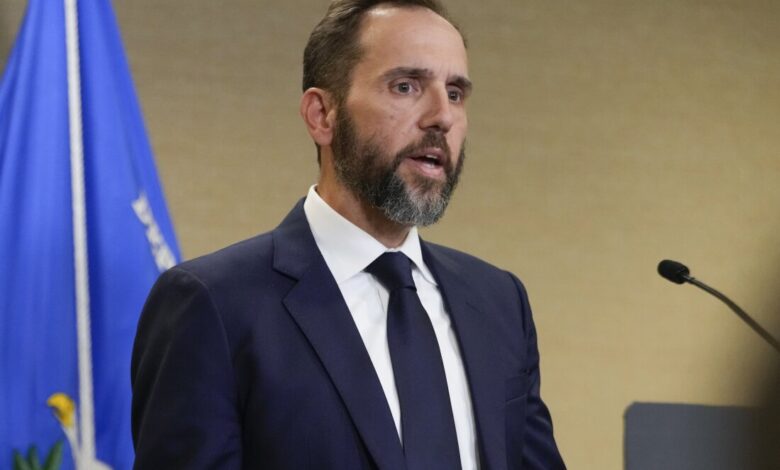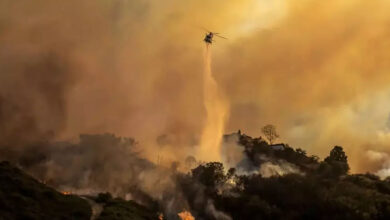
Early on Tuesday, the much-anticipated final report by Special Counsel Jack Smith regarding former President Donald Trump’s involvement in the January 6, 2021, Capitol attack was made public. The comprehensive 170-page document outlines the findings of Smith’s investigation into Trump’s actions aimed at subverting the 2020 election results.
The report accuses Trump of knowingly spreading false narratives about election fraud and inciting his supporters to commit acts of violence on January 6. It states, “President-elect Donald Trump ‘inspired his supporters to commit acts of physical violence’ on Jan. 6 and knowingly spread an objectively false narrative about election fraud in the 2020 election.”
Smith’s report also defends the decision to charge Trump, suggesting that had he not been re-elected in November, there was sufficient admissible evidence for a conviction. “Indeed, but for Mr. Trump’s election and imminent return to the Presidency, the Office assessed that the admissible evidence was sufficient to obtain and sustain a conviction at trial,” the document notes.
Despite the legal proceedings being halted due to Trump’s recent election victory, the report provides a detailed account of the evidence gathered, including Trump’s awareness of the falsehood of his claims and his efforts to influence the certification process of the election.
The release of this report, following Trump’s relentless criticisms of Smith and calls from Trump’s allies for the special counsel to face legal repercussions, marks a significant moment in U.S. political and legal history. It raises questions about accountability and the implications of legal investigations into sitting or incoming presidents.
The report’s release has been met with mixed reactions, with some seeing it as a vindication of previous allegations against Trump, while others view it as a politically motivated document, especially in light of Trump’s upcoming inauguration.
This document will likely fuel further debate on the integrity of the electoral process, the role of the presidency, and the extent to which political actions can be legally challenged or scrutinized.




